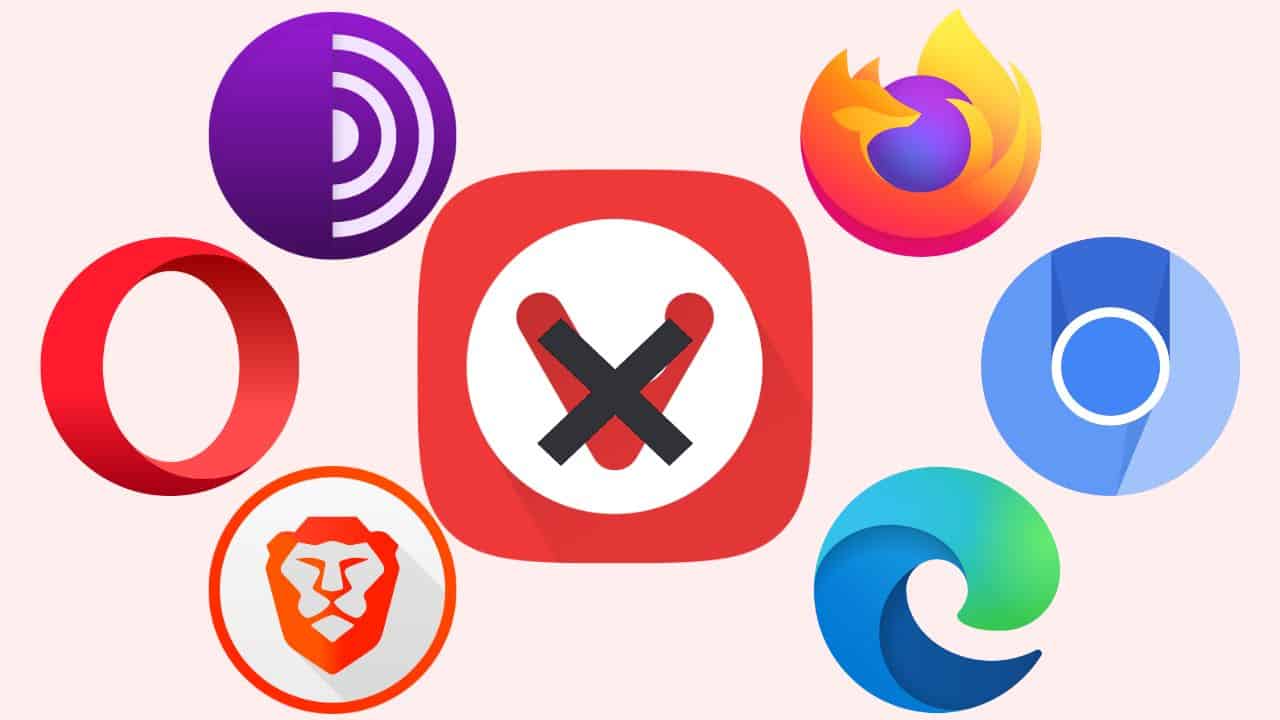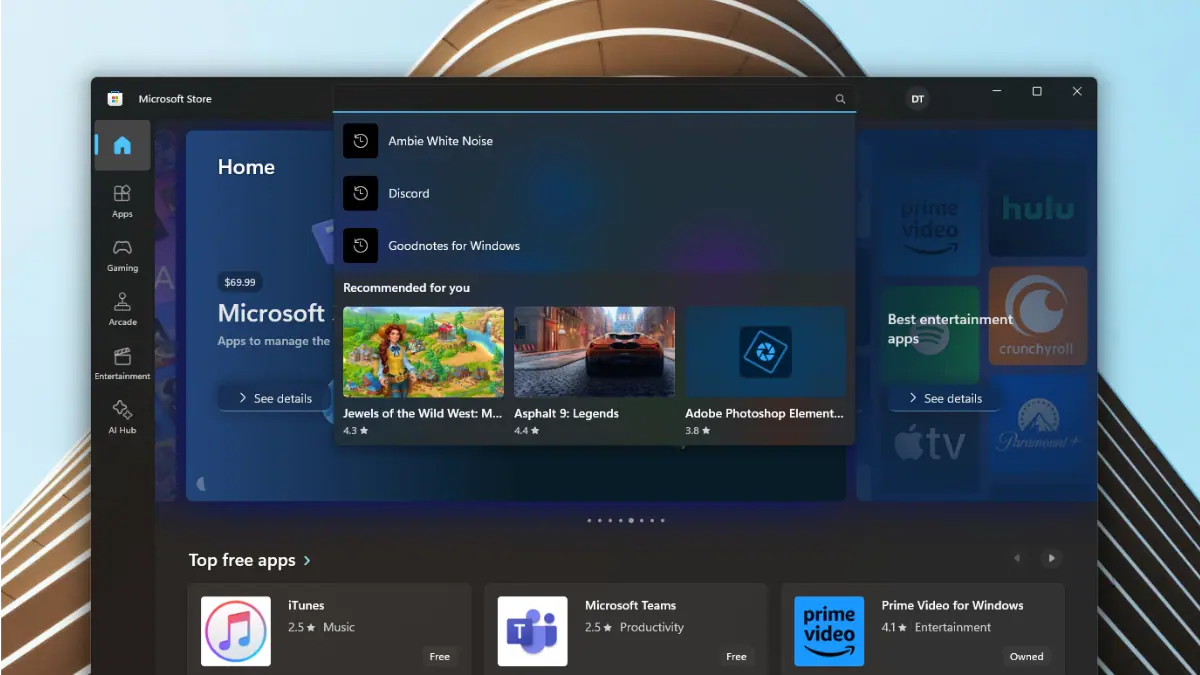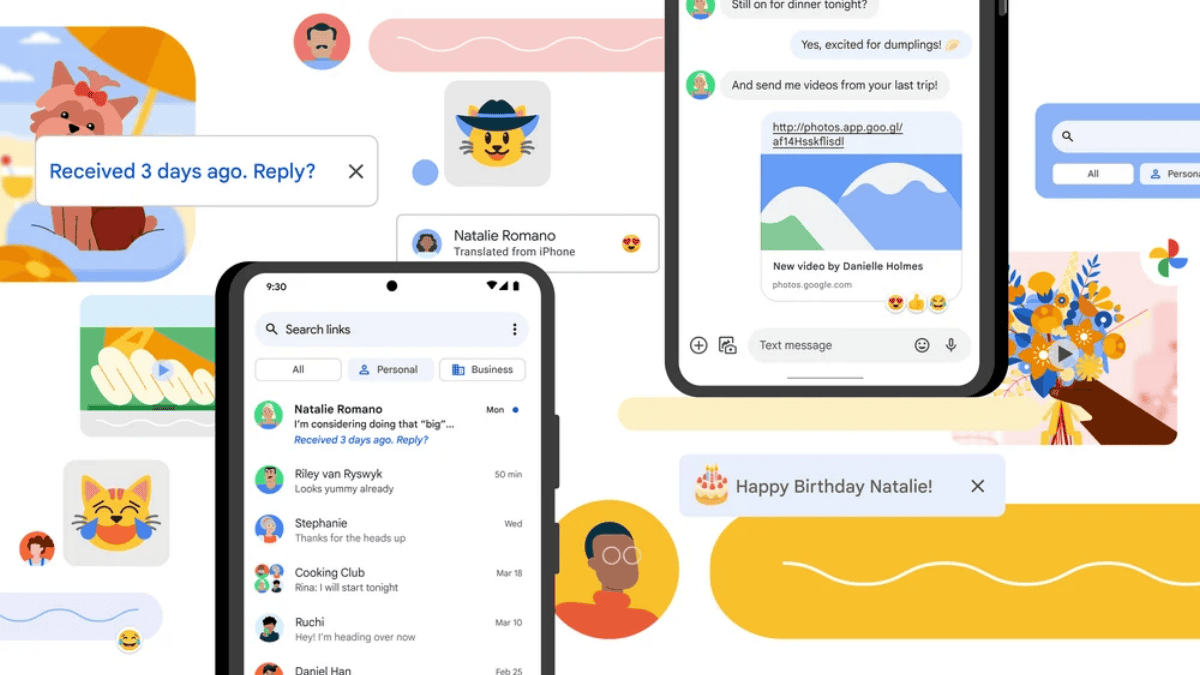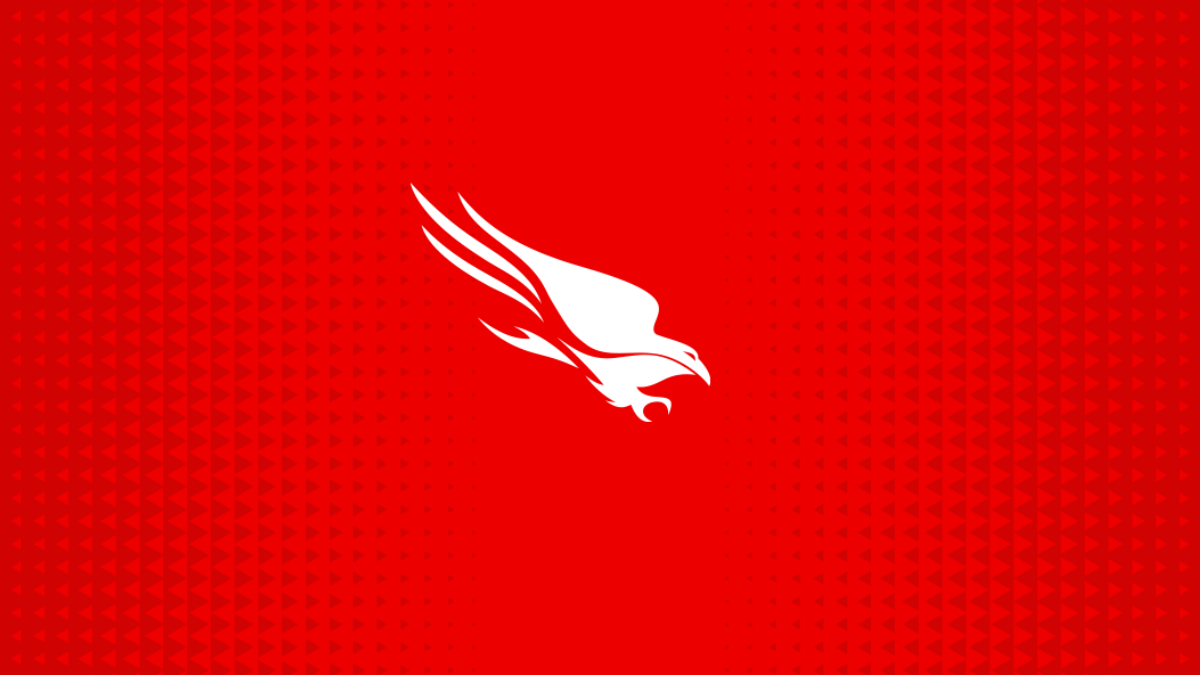Google unifies Android and Pixel teams
2 min. read
Published on
Read our disclosure page to find out how can you help MSPoweruser sustain the editorial team Read more
Key notes
- Integration of hardware and software with AI is the secret sauce, making everything not just better but faster.
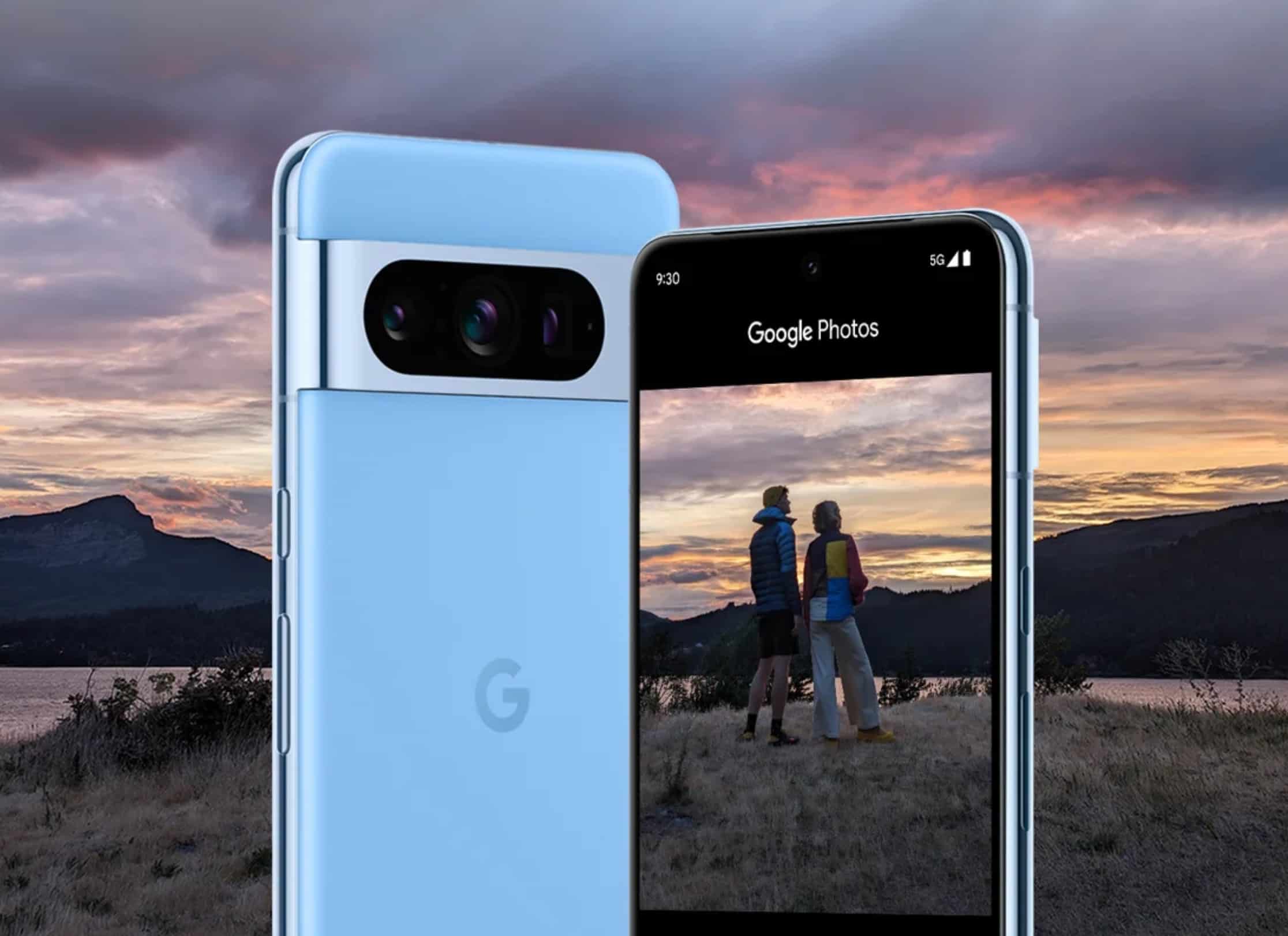
Google has announced a major restructuring of its hardware and software teams. The newly established ‘Platforms and Devices’ team, led by seasoned tech executive Rick Osterloh, will bring together Google’s Pixel devices and Android operating system under one umbrella. Before this, Osterloh was responsible for Google’s hardware division, overseeing the development and strategy for products including Pixel, Fitbit and Nest.
“I think that hardware / software / AI integration really showed how AI could totally transform a user experience. That was important. And it’s even more true today,” said Rick Osterloh in an interview with The Verge.
This strategic shift reflects Google’s commitment to prioritizing AI development and seamless integration across its hardware and software offerings. The combined team’s primary focus will be on accelerating the delivery of next-generation AI experiences.
While the outcome of this reorganization remains to be seen, one thing is clear: Google is placing a bold bet on the future of AI. With its newly unified hardware and software teams, Google is well-positioned to play a significant role in the race to develop and deliver groundbreaking AI experiences. Apple has already demonstrated to the industry that when hardware and software teams work in close collaboration, they can achieve performance and efficiency levels that are difficult to replicate with a more fragmented approach. Hopefully, this reorg will work out for Google.
Hiroshi Lockheimer, who was heading Android, ChromeOS and Chrome will move to other teams inside Google and Alphabet.

